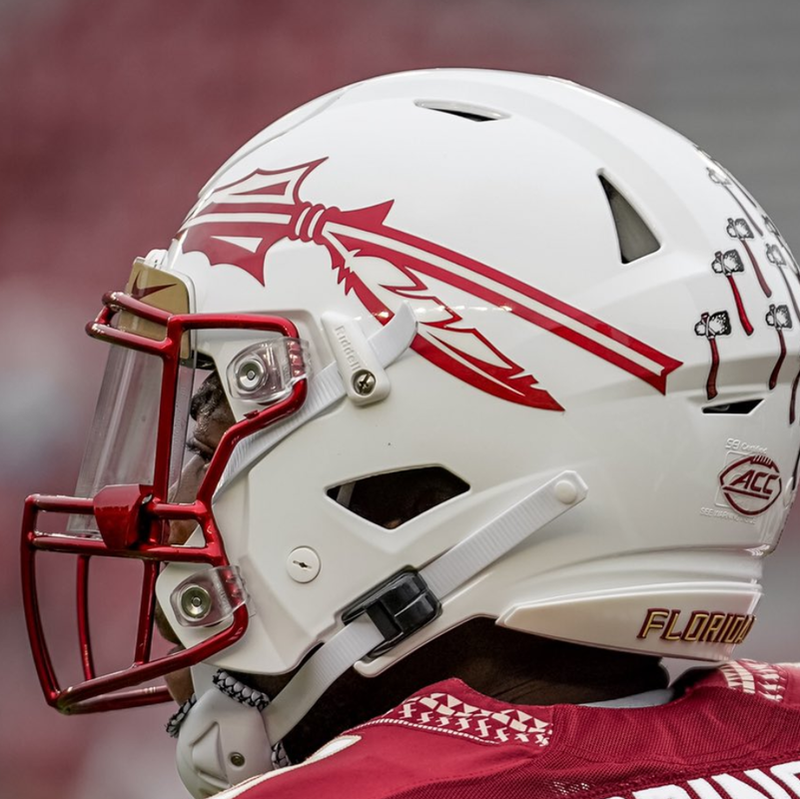Florida State University has once again proven its commitment to football excellence with an impressive financial outlay that places it among the top spenders in collegiate athletics in the United States. According to recent figures released by the U.S. Department of Education, the university allocated $76.5 million to its football program during the 2023 fiscal year. This expenditure not only tops the Atlantic Coast Conference (ACC) but also ranks second nationwide, trailing only behind the University of Alabama’s $79.8 million investment in its football program. The figures reveal a significant $21 million increase from FSU’s spending in the previous year, emphasizing the school’s aggressive approach to bolstering its football legacy.
The investment seems to be paying off, with the university recording $92 million in revenue from its football operations. This financial success underscores the considerable allure and profitability of FSU’s football program. Much of this spending has been channeled into various infrastructural and facility improvements, aimed at enhancing both player performance and fan experience.
Key among these investments is the renovation of Doak Campbell Stadium, a project geared towards not just modernizing the facility but also making it more fan-friendly. Despite a reduction in seating capacity, the introduction of more luxurious and comfortable seating options promises to elevate the game-day experience. Already, there’s notable demand for these premium seats, with 75% already claimed by enthusiastic fans.
The renovation work, particularly noticeable during the Seminoles’ Spring Showcase, includes the demolition of the west side of Doak. In its place, temporary bleachers will be installed for the 2024 season, with an eye on completing the stadium’s transformation ahead of a much-anticipated home opener against Alabama in 2025. Additionally, FSU is not sparing any effort in upgrading its practice facilities, further reinforcing its commitment to providing top-notch resources for its athletes.
Beyond the visible infrastructural improvements, FSU’s spending strategy has been met with analyses and discussions in the sports academic and consultancy circles. Tony Altimore, a reputed strategy and analytic consultant, shared insights into FSU’s approach, commending the school for its strategic investments aimed at future sports success. Altimore’s commentary, which he shared on his social media platform and was subsequently discussed by local media, highlights the broader implications of FSU’s financial decisions on its competitive edge and sports program sustainability.
Moreover, Altimore touched on a crucial aspect of collegiate athletic spending, urging institutions with substantial sports subsidies to maintain a balance between ambition and fiscal responsibility. This call for financial prudence resonates with the ongoing debate on the appropriate scale and scope of investments in collegiate sports, given their impact on academic resources and priorities.
Florida State’s bold financial strategy in bolstering its football program underscores a broader trend among leading collegiate sports programs to leverage financial resources as a means to sustain and enhance competitive advantage. As the 2025 season approaches, all eyes will be on FSU to see whether these investments translate into further success on the field and an enriched experience for fans and athletes alike.




